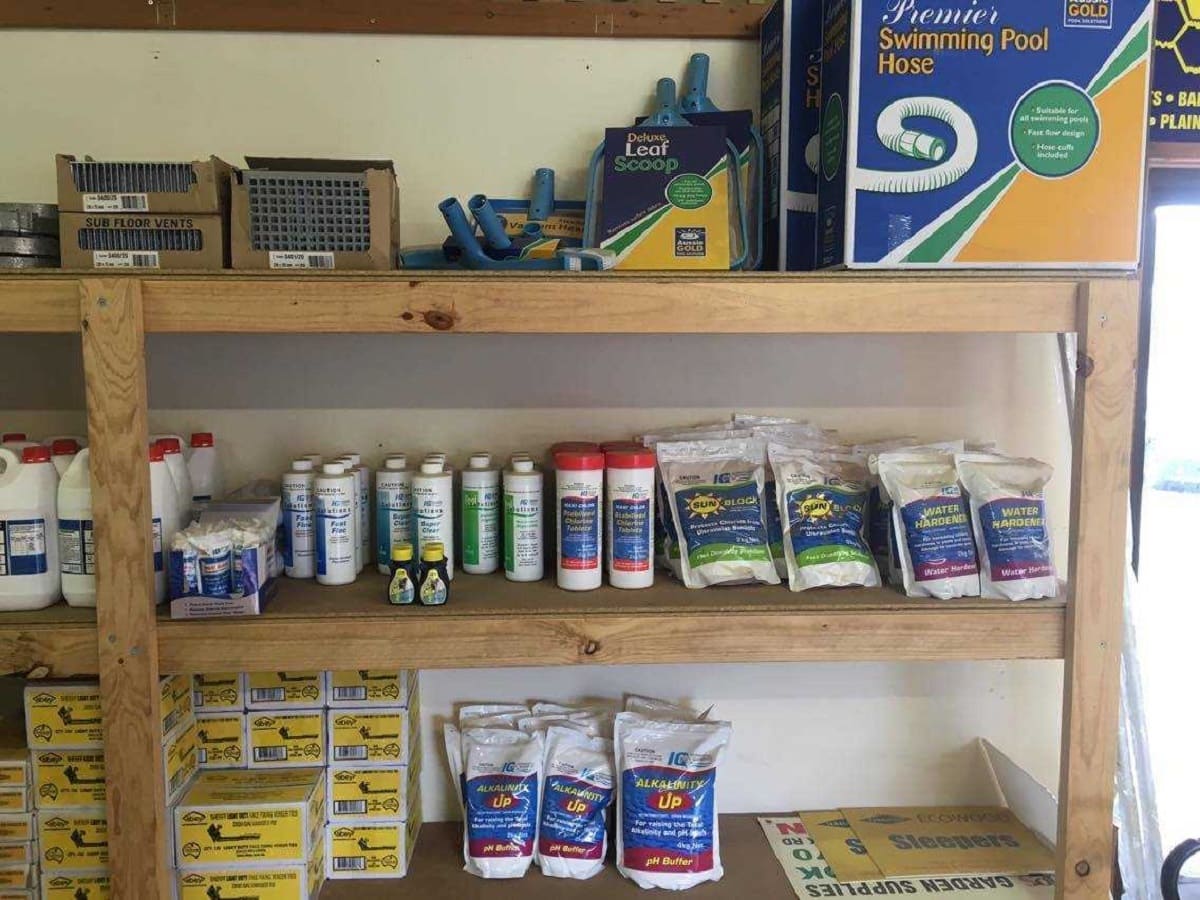

Articles
How To Store Pool Chemicals
Modified: August 17, 2024
Learn the best practices and tips for storing pool chemicals safely. Discover the dos and don'ts of handling and storing pool chemicals in this informative article.
(Many of the links in this article redirect to a specific reviewed product. Your purchase of these products through affiliate links helps to generate commission for Storables.com, at no extra cost. Learn more)
Introduction
Proper storage of pool chemicals is crucial for maintaining their effectiveness and ensuring the safety of those handling them. Whether you’re a pool owner or a professional in the pool maintenance industry, understanding how to store pool chemicals correctly is essential.
Pool chemicals, such as chlorine, pH adjusters, algaecides, and shock treatments, are designed to keep pool water clean and safe for swimmers. However, if not stored properly, these chemicals can pose a serious risk to human health and the environment.
In this article, we will discuss the best practices for storing pool chemicals to ensure their longevity and minimize any potential hazards.
Key Takeaways:
- Proper storage of pool chemicals is crucial for safety and effectiveness. Follow guidelines for ventilation, temperature control, and segregation of incompatible substances to create a safe storage environment.
- Prioritize fire safety, emergency preparedness, and proper disposal of expired chemicals. By implementing best practices, you can ensure safety, prolong effectiveness, and contribute to a cleaner environment.
Read more: How To Store A Pool For Winter
Proper Storage of Pool Chemicals
When it comes to storing pool chemicals, there are a few key considerations to keep in mind. The goal is to create a safe and organized storage area that minimizes the risk of accidents and chemical reactions. Here are some guidelines to follow:
- Keep the chemicals in their original containers whenever possible. These containers are specifically designed to safely store the chemicals and often come with important information and instructions.
- Store the chemicals in a cool, dry, and well-ventilated area. This helps to prevent moisture buildup, which can lead to chemical degradation and potential hazards.
- Avoid storing pool chemicals near sources of heat or direct sunlight. Exposure to high temperatures can cause chemical reactions or even lead to fire hazards.
- Keep pool chemicals away from flammable materials, such as gasoline, oil, or other household chemicals. Store them separately to minimize the risk of accidental spills or mixing.
- Store pool chemicals out of reach of children and pets. Lock them in a designated storage cabinet or room to ensure limited access.
By following these simple guidelines, you can create a safe storage environment for your pool chemicals, minimizing the risk of accidents and ensuring their effectiveness when needed.
Selecting the Storage Area
Choosing the right storage area for your pool chemicals is crucial to ensure their safety and effectiveness. Here are some factors to consider when selecting a storage area:
- Choose a well-ventilated area: Pool chemicals can release harmful fumes, so it’s important to store them in a well-ventilated space. This helps to reduce the concentration of fumes and prevent potential respiratory issues.
- Avoid storing in living spaces: Keep pool chemicals away from living areas, such as kitchens, bedrooms, or living rooms. Instead, designate a specific area in a garage, shed, or an outdoor storage unit.
- Consider proximity to the pool: Ideally, your storage area should be conveniently located near the pool, allowing for easy access when it’s time to add chemicals. This saves you time and effort.
- Ensure proper temperature control: Pool chemicals are often sensitive to temperature fluctuations. For example, high temperatures can cause chlorine to degrade faster. Choose a storage area that maintains a consistent temperature range.
- Protect from water exposure: Water can ruin pool chemicals and compromise their effectiveness. Avoid areas that are prone to leaks or flooding. If storing chemicals in an outdoor area, ensure they are protected from rain or sprinkler systems.
By carefully selecting the storage area for your pool chemicals, you can ensure their longevity and maintain their effectiveness over time.
Recommended Containers for Pool Chemicals
The choice of containers for storing pool chemicals is vital for maintaining their integrity and ensuring safety. Here are some recommended container options:
- Original containers: Whenever possible, it’s best to keep pool chemicals in their original containers. These containers are specifically designed to store the chemicals safely and come with important labeling and instructions.
- Plastic containers: If you need to transfer pool chemicals to different containers, opt for high-quality, durable plastic containers. Look for containers that are resistant to the specific chemicals you’re storing to prevent leaks or reactions.
- Tightly sealed lids: Ensure that the containers have tightly sealed lids to prevent any accidental spills or leaks. This is especially important for liquid chemicals that can easily escape if not properly sealed.
- Opaque containers: Pool chemicals, especially chlorine, can break down when exposed to sunlight. Choose opaque containers that block out light to maintain the chemical’s effectiveness.
- Properly labeled containers: Clearly label each container with the name of the chemical, its concentration, and any relevant safety information. This helps to prevent confusion and ensure that chemicals are used correctly.
Remember, when selecting containers for pool chemicals, safety and proper storage guidelines should be your top priority. By using the recommended containers, you can ensure the longevity and effectiveness of the chemicals while minimizing any potential risks.
Separating Incompatible Chemicals
One critical aspect of storing pool chemicals is the proper segregation of incompatible substances. Mixing certain chemicals can lead to hazardous reactions, resulting in fires, explosions, or the release of toxic fumes. Therefore, it’s crucial to separate incompatible chemicals to prevent potential accidents.
Here are some guidelines to help you separate incompatible pool chemicals:
- Refer to chemical labels and safety data sheets (SDS): Familiarize yourself with the chemical properties and compatibility information provided on the labels and SDS of each substance. These resources will inform you about potential hazards and any specific storage requirements.
- Group chemicals by categories: Start by categorizing pool chemicals into groups based on their general compatibility. For instance, acids and alkalis should be stored separately to avoid chemical reactions.
- Keep oxidizers separate: Oxidizers, such as chlorine or hydrogen peroxide, should never be stored with flammable materials like gasoline or oil-based substances. Oxidizers intensify fires and can lead to explosions.
- Avoid mixing acids and bases: Mixing acids (low pH chemicals) with bases (high pH chemicals) can result in violent reactions. Acidic and basic substances should be stored in separate areas to prevent accidental mixing.
- Separate chlorinating agents: Different types of chlorinating agents, such as chlorine tablets, granules, and liquid solutions, can have distinct chemical compositions. It’s advisable to separate them to prevent unintended reactions or contamination.
By segregating incompatible chemicals, you reduce the risk of incidents and create a safer storage environment. Always review the specific safety guidelines for each chemical and consult professionals if you are unsure about compatibility.
Read more: How To Store Pool Floats
Organizing Chemicals by Type
Proper organization of pool chemicals is crucial for efficient storage and easy access. By categorizing and organizing your chemicals by type, you can create a well-structured storage area that maximizes safety and convenience.
Here are some tips to help you organize your pool chemicals:
- Group chemicals by category: Start by grouping chemicals together based on their type and function. For example, store chlorine products together, pH adjusters together, and algaecides together. This grouping ensures that chemicals with similar properties are stored in close proximity.
- Use separate shelving or bins: Allocate specific shelves or bins for each category of chemicals. This not only helps keep the storage area organized but also prevents cross-contamination in case of spills or leaks.
- Create clear labels or signs: Label each section or bin with the category of chemicals it contains. Use clear and prominent labeling to make it easy to identify and locate the desired chemicals.
- Arrange chemicals based on frequency of use: Consider organizing chemicals based on how frequently you use them. Place commonly used chemicals within easy reach, while less frequently used chemicals can be stored in a less accessible area.
- Separate opened and unopened containers: If you have partially used chemical containers, keep them separate from unopened ones. This helps minimize the chances of accidentally using expired or ineffective chemicals.
By organizing your pool chemicals by type, you can improve efficiency in finding and accessing specific chemicals when needed. This also promotes safety and reduces the risk of mixing incompatible substances.
Labeling and Identifying Chemicals
Properly labeling and identifying pool chemicals is essential for maintaining safety and preventing any confusion during handling or usage. Clear and accurate labeling helps ensure that chemicals are used correctly and minimizes the risk of accidents. Here are some guidelines for labeling and identifying chemicals:
- Use waterproof labels: Pool chemicals are often stored in areas where they may come into contact with water or moisture. It’s important to use waterproof labels to avoid smudging or fading of important information.
- Include essential information: Each chemical container should be labeled with its name, concentration, date of purchase, and any relevant safety information or precautions. This information can assist in proper usage and handling.
- Make the labels prominently visible: Place labels in a visible location on the container to ensure easy identification. This helps prevent accidental misuse or mixing of chemicals.
- Consider color-coding: Using a color-coding system can be helpful in quickly identifying different types of chemicals. Assign unique colors to different categories of chemicals, making it easier to locate and distinguish them.
- Periodically check and update labels: Regularly inspect the labels on your chemical containers to ensure they are still intact, legible, and accurate. If any information has changed or become illegible, replace the label promptly.
- Store safety data sheets (SDS): Keep the SDS for each chemical in a readily accessible location. These sheets contain detailed information about the chemical composition, hazards, and proper handling procedures.
By effectively labeling and identifying pool chemicals, you can enhance safety, minimize the risk of accidents, and ensure proper usage and storage practices.
Store pool chemicals in a cool, dry, well-ventilated area away from direct sunlight and moisture. Keep them tightly sealed and separate from each other to prevent any potential reactions.
Storing Chemicals Away from Heat and Moisture
Proper storage conditions are vital for maintaining the effectiveness and safety of pool chemicals. Heat and moisture can negatively impact the stability and potency of these chemicals, potentially leading to hazardous situations. Here are some key considerations for storing chemicals away from heat and moisture:
- Avoid storing chemicals near heat sources: Keep pool chemicals away from direct heat sources such as furnaces, water heaters, or sunlight exposure. Elevated temperatures can accelerate chemical reactions and compromise their effectiveness.
- Choose a cool and dry storage area: Select a storage location that maintains a consistent temperature range. Excessive humidity can result in chemical degradation or clumping of powdered chemicals, rendering them ineffective.
- Prevent water exposure: Pool chemicals should be stored in a dry area and protected from any water or moisture sources. Avoid storing chemicals on the floor or near sinks, windows, or plumbing fixtures where leaks can occur.
- Consider using dehumidifiers: If your storage area is prone to high humidity, consider using dehumidifiers to maintain a dry environment. This helps prevent moisture-related issues and extends the shelf life of the chemicals.
- Inspect containers for damage: Regularly check the containers for any signs of damage or wear that can lead to leaks or moisture ingress. Replace damaged containers promptly to maintain the integrity of the chemicals.
By storing pool chemicals away from heat and moisture, you ensure their stability, effectiveness, and minimize the potential risks associated with chemical reactions or degradation. Remember to always follow the manufacturer’s recommendations for the specific storage requirements of each chemical.
Protecting Chemicals from Sunlight
Sunlight exposure can have detrimental effects on the stability and effectiveness of pool chemicals. Some chemicals, like chlorine, are particularly sensitive to sunlight, which can cause them to degrade more quickly. To protect your pool chemicals from sunlight, consider the following measures:
- Use opaque containers: Store pool chemicals in containers that are opaque or have minimal light transmittance. This prevents sunlight from reaching the chemicals and helps maintain their potency.
- Keep the storage area shaded: Choose a storage area that is naturally shaded or install blinds or curtains to block out sunlight. This is especially important for areas near windows or glass doors.
- Avoid outdoor storage: Whenever possible, store pool chemicals indoors. Outdoor storage exposes chemicals to direct sunlight, moisture, and fluctuating temperatures, which can compromise their effectiveness.
- Rotate stock regularly: If you must store chemicals outdoors, rotate your stock regularly to ensure that chemicals with shorter shelf lives are used first. This minimizes the amount of time they are exposed to sunlight.
- Store chemicals in a cool area: Heat can intensify the effects of sunlight, so choose a cool storage area away from direct sunlight and heat sources. The combination of heat and sunlight can potentially lead to chemical reactions or breakdown.
- Inspect and replace faded containers: Periodically check the containers for signs of fading or damage due to sunlight exposure. If containers have become faded or compromised, transfer the chemicals to new containers to maintain their effectiveness.
By taking precautions to protect your pool chemicals from sunlight, you can ensure their longevity and maintain their efficacy for optimal pool maintenance.
Read more: How To Store A Pool Table
Maintaining Ventilation in the Storage Area
Proper ventilation is essential for maintaining a safe storage environment for pool chemicals. Ventilation helps to minimize the concentration of fumes, remove excess moisture, and prevent the build-up of potentially hazardous gases. Here are some tips for maintaining ventilation in your storage area:
- Ensure adequate airflow: Make sure that your storage area has proper air circulation to prevent the accumulation of fumes. This can be achieved by opening windows or using fans to promote airflow.
- Avoid storing chemicals in a confined space: Storing chemicals in a small, enclosed space can increase the concentration of fumes and pose a greater risk of chemical reactions. Choose a storage area that is well-sized to allow for proper ventilation.
- Use exhaust fans or ventilation systems: If your storage area lacks natural ventilation, consider installing exhaust fans or ventilation systems. These systems help remove fumes and maintain air quality.
- Regularly inspect vents and ducts: Ensure that all vents and ducts are clear and free from blockages to allow for proper airflow. Blocked vents can restrict ventilation and lead to the accumulation of fumes.
- Monitor air quality: Periodically assess the air quality in the storage area. If you notice a strong odor or a significant increase in fumes, take immediate action to improve ventilation and remove any potentially hazardous gases.
- Keep the storage area clean: Regularly clean the storage area to remove dust and debris, which can hinder ventilation. A clean and well-maintained space promotes better airflow and reduces the risk of chemical contamination.
By maintaining proper ventilation in your storage area, you can ensure the safety of those handling the chemicals and minimize potential health risks associated with fumes or chemical reactions.
Fire Safety and Emergency Preparedness
When storing pool chemicals, it is crucial to prioritize fire safety and be prepared for potential emergencies. Although rare, accidents or chemical reactions can occur, which may lead to fires or the release of toxic gases. Here are some important fire safety and emergency preparedness measures to consider:
- Keep a fire extinguisher nearby: Place a multipurpose fire extinguisher in a easily accessible location near the storage area. Ensure that everyone in the household or facility knows how to properly use it.
- Know the hazards and risks: Familiarize yourself with the specific hazards associated with each pool chemical. Understand the potential reactions and risks that can arise from improper storage or mixing with incompatible substances.
- Store chemicals away from ignition sources: Keep chemicals at a safe distance from heat sources, open flames, or electrical appliances. Sparks or high heat can trigger chemical reactions and cause fires.
- Develop an emergency plan: Create an emergency action plan that outlines the steps to take in the event of a chemical spill, fire, or other emergency situations. Ensure that all individuals involved are aware of and trained in implementing the plan.
- Maintain clear and unobstructed exits: Keep the storage area and surrounding pathways clear of clutter to ensure easy evacuation in case of an emergency. Know the nearest exit routes and practice emergency drills regularly.
- Have proper safety equipment: Wear appropriate personal protective equipment (PPE) when handling pool chemicals, including gloves, goggles, and protective clothing. This helps protect against potential exposures and injuries.
- Post emergency contact numbers: Display emergency contact numbers, including poison control, fire department, and local emergency services, near the storage area and in other prominent locations.
- Regularly check smoke detectors and alarms: Install smoke detectors and fire alarms near the storage area and throughout the premises. Test them regularly to ensure they are in working order.
By being proactive in fire safety and emergency preparedness, you can mitigate the risks associated with storing pool chemicals and ensure the safety of yourself, your loved ones, and your property.
Disposal of Expired or Unwanted Chemicals
Proper disposal of expired or unwanted pool chemicals is essential to protect the environment and ensure the safety of waste management personnel. Disposing of these chemicals incorrectly can have harmful effects on soil, water sources, and wildlife. Here’s what you need to know about the disposal process:
- Check local regulations: Before disposing of any chemicals, familiarize yourself with local regulations and guidelines regarding the proper disposal of hazardous substances. Contact your local waste management facility or environmental department for specific instructions.
- Do not pour down drains or toilets: Never dispose of pool chemicals by pouring them down drains, sinks, toilets, or into water bodies. This can contaminate water sources and harm ecosystems.
- Do not mix with other substances: Avoid mixing different chemicals together when disposing of them. This can create potentially dangerous reactions or release toxic gases.
- Contact local waste management facility: Contact your local waste management facility to inquire about their specific requirements for disposing of pool chemicals. They may provide designated drop-off locations or specific instructions for safe disposal.
- Follow container instructions: Follow any disposal instructions provided on the chemical’s original container or packaging. Some chemicals may have specific disposal recommendations.
- Consider hazardous waste collection events: Many communities hold hazardous waste collection events where residents can safely dispose of household chemicals, including pool chemicals. Take advantage of these events to ensure proper disposal.
- Secure containers for transport: When transporting expired or unwanted chemicals to a waste management facility, ensure that containers are securely sealed to prevent leaks or spills. Use appropriate packaging materials to avoid breakage during transportation.
- Label containers for identification: Clearly label containers with the chemical names and any relevant hazard information to ensure safe handling during disposal.
Remember, proper disposal of expired or unwanted pool chemicals is crucial for environmental protection. Always follow local regulations and guidelines to ensure the safe and responsible disposal of these substances.
Conclusion
Proper storage of pool chemicals is vital for maintaining their effectiveness and ensuring the safety of those handling them. By following the guidelines outlined in this article, you can create a safe and organized storage area that minimizes the risk of accidents, chemical reactions, and environmental hazards.
Remember to select a suitable storage area away from heat and moisture, and consider using recommended containers that are properly labeled and identified. Keep incompatible chemicals separated to avoid hazardous reactions, and organize chemicals by type for easy access.
Protecting chemicals from sunlight, maintaining ventilation, and having a fire safety and emergency preparedness plan are essential elements of responsible chemical storage. It is also crucial to dispose of expired or unwanted chemicals correctly, following local regulations and guidelines.
By implementing these best practices for storing pool chemicals, you can enhance safety, prolong the effectiveness of the chemicals, and contribute to a cleaner and healthier environment. Always prioritize the well-being of yourself, others, and the surrounding ecosystem when working with pool chemicals.
Remember, when it comes to storing pool chemicals, proper planning, organization, and responsible practices are the key to maintaining safe and enjoyable swimming pool experiences.
Frequently Asked Questions about How To Store Pool Chemicals
Was this page helpful?
At Storables.com, we guarantee accurate and reliable information. Our content, validated by Expert Board Contributors, is crafted following stringent Editorial Policies. We're committed to providing you with well-researched, expert-backed insights for all your informational needs.
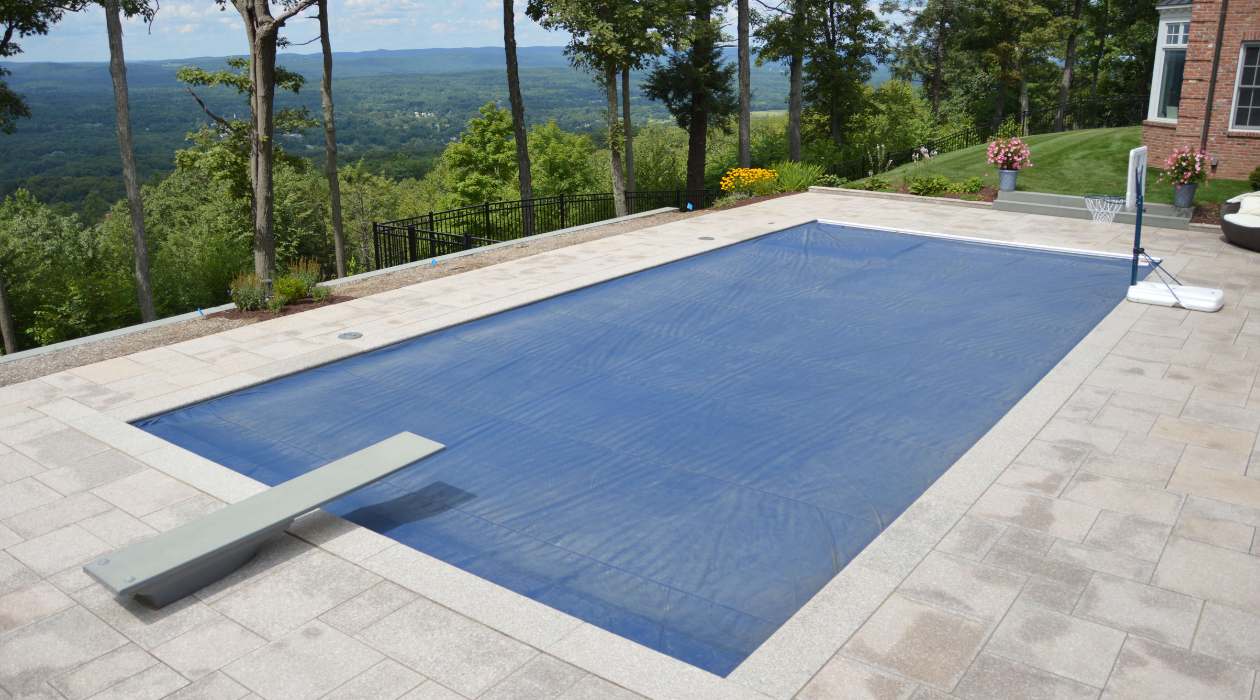
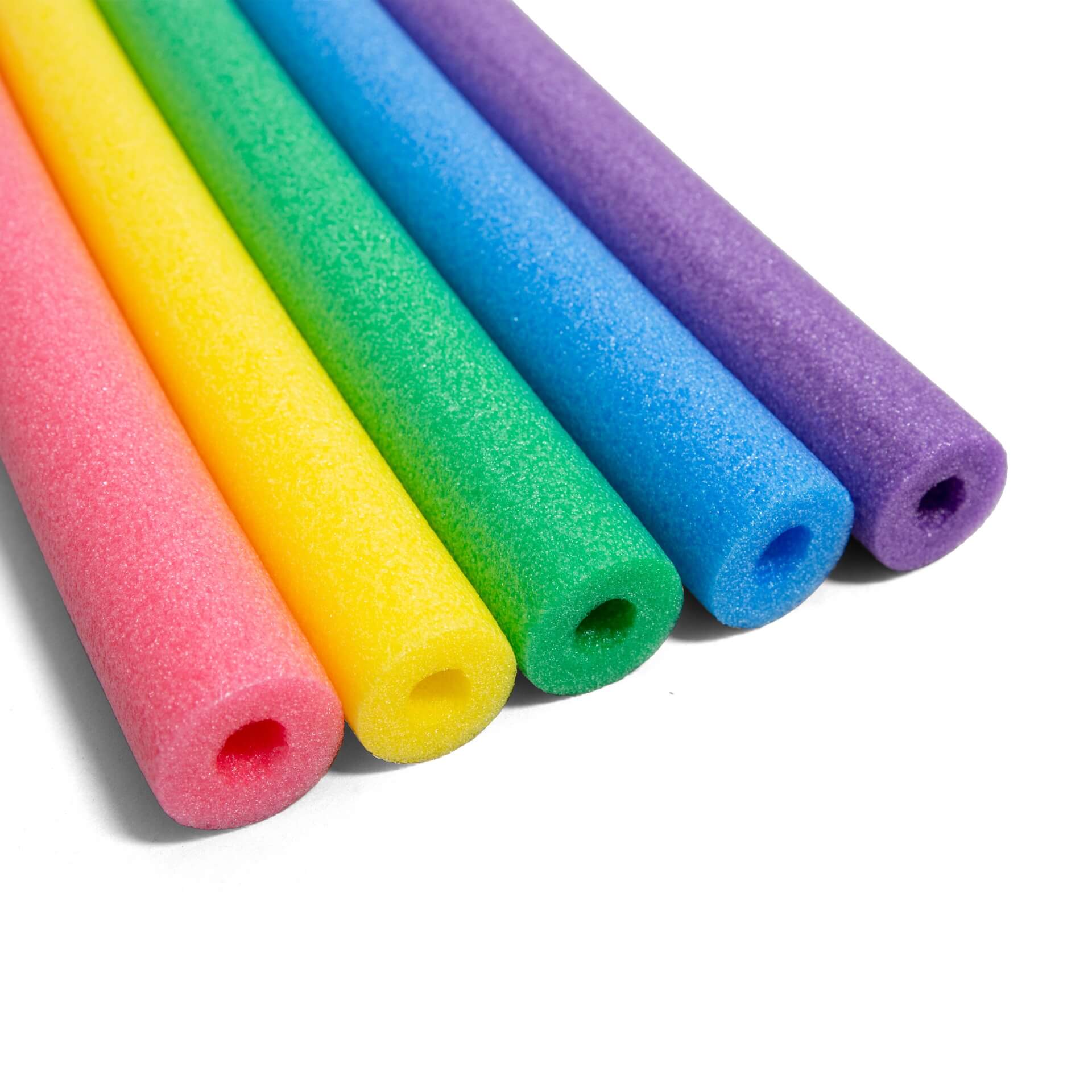
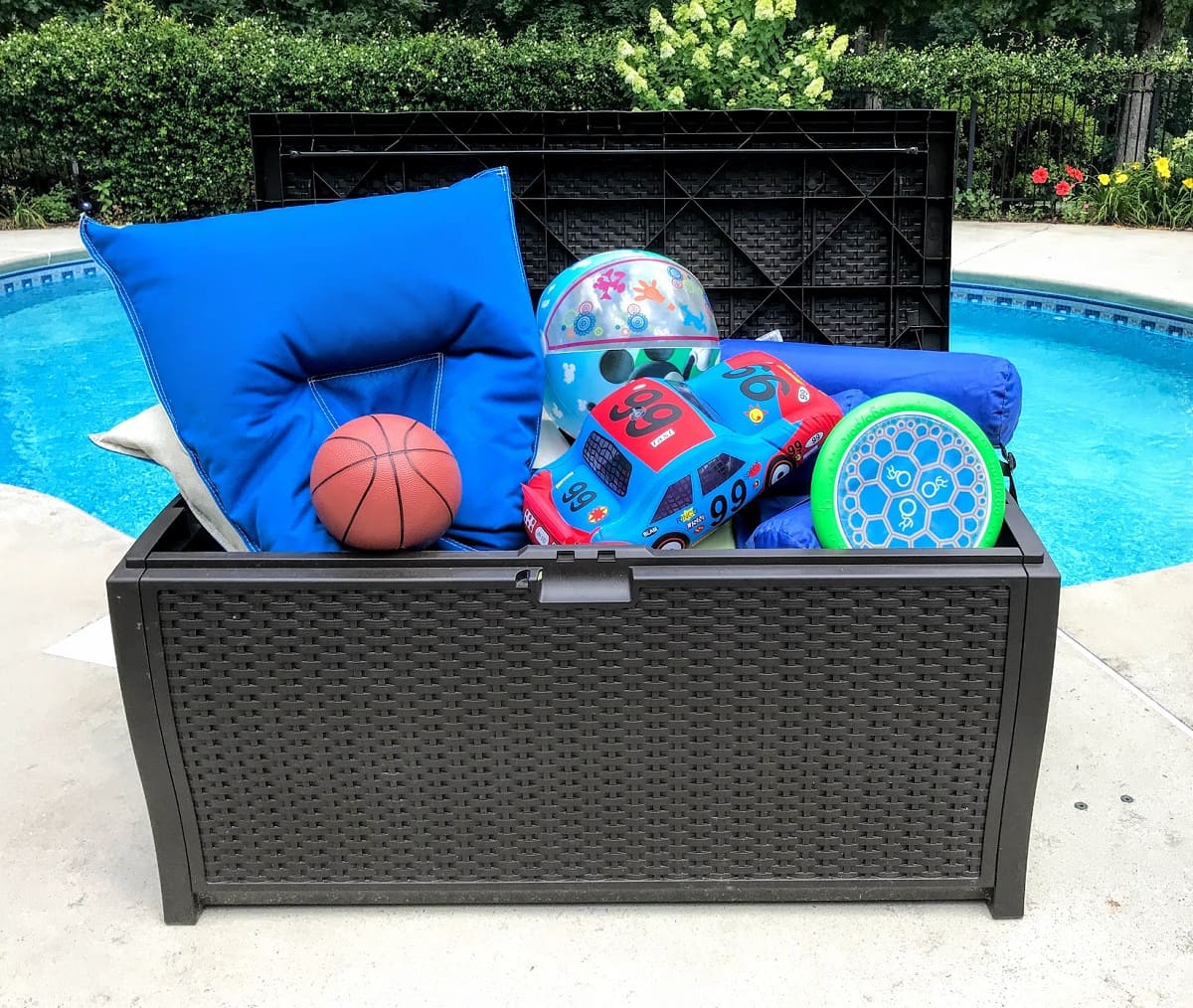
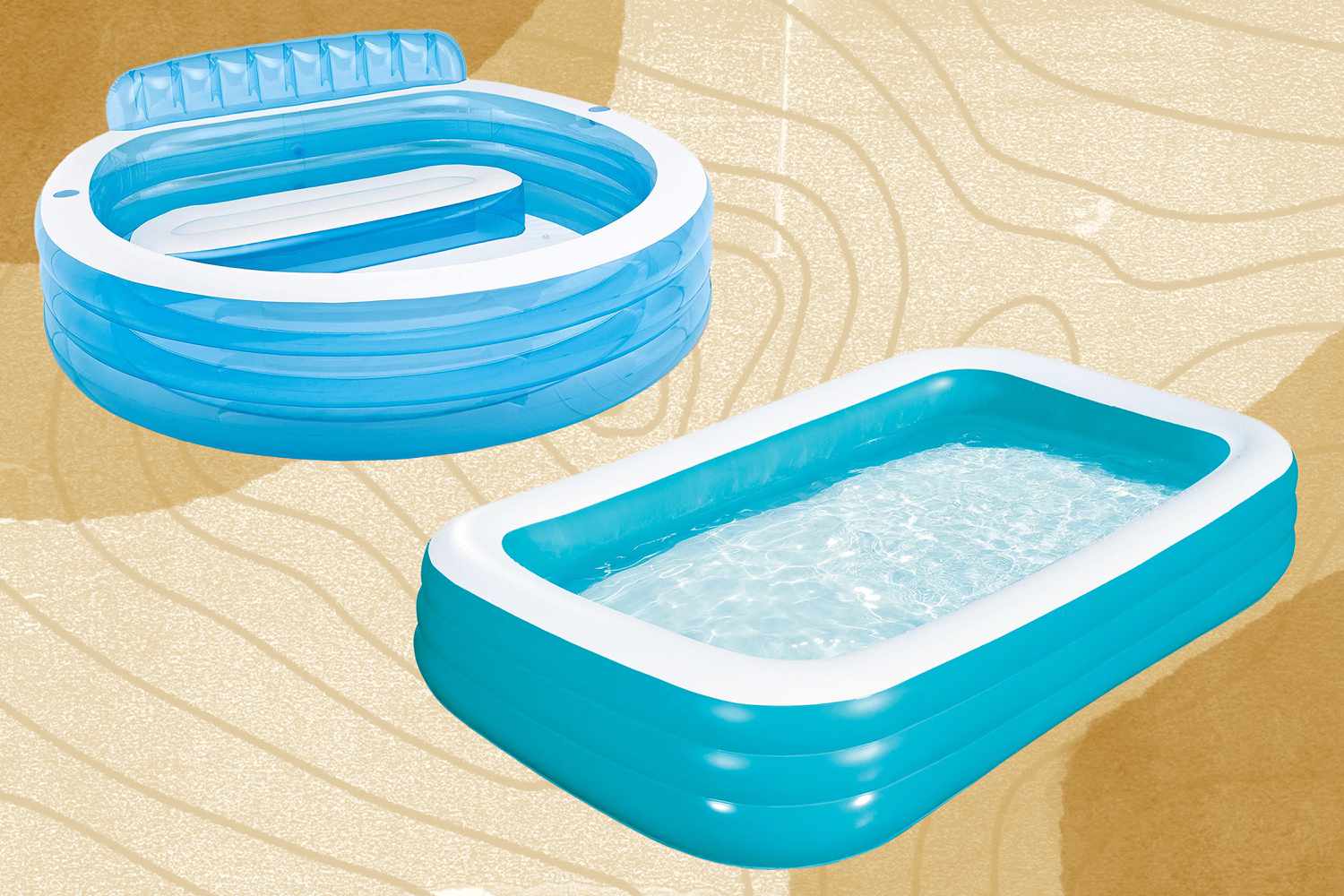
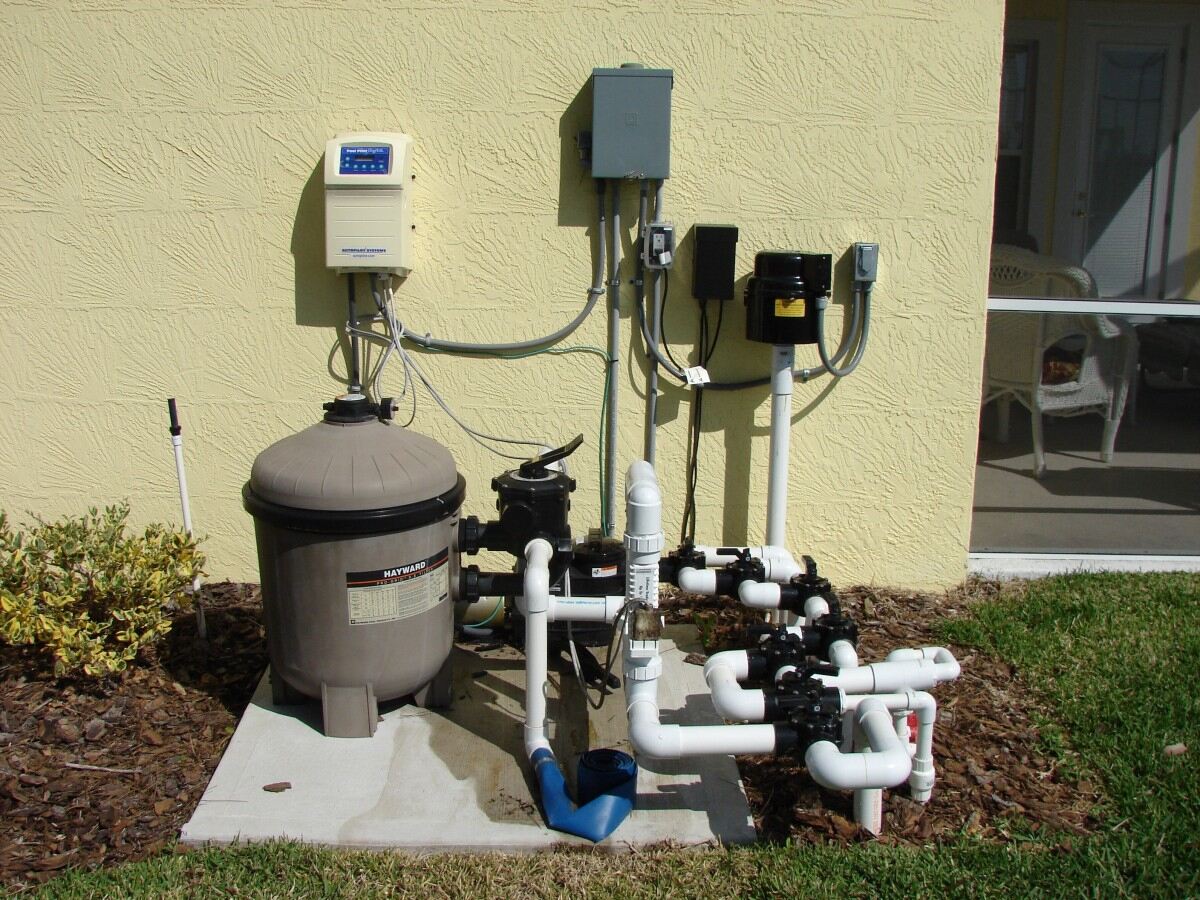
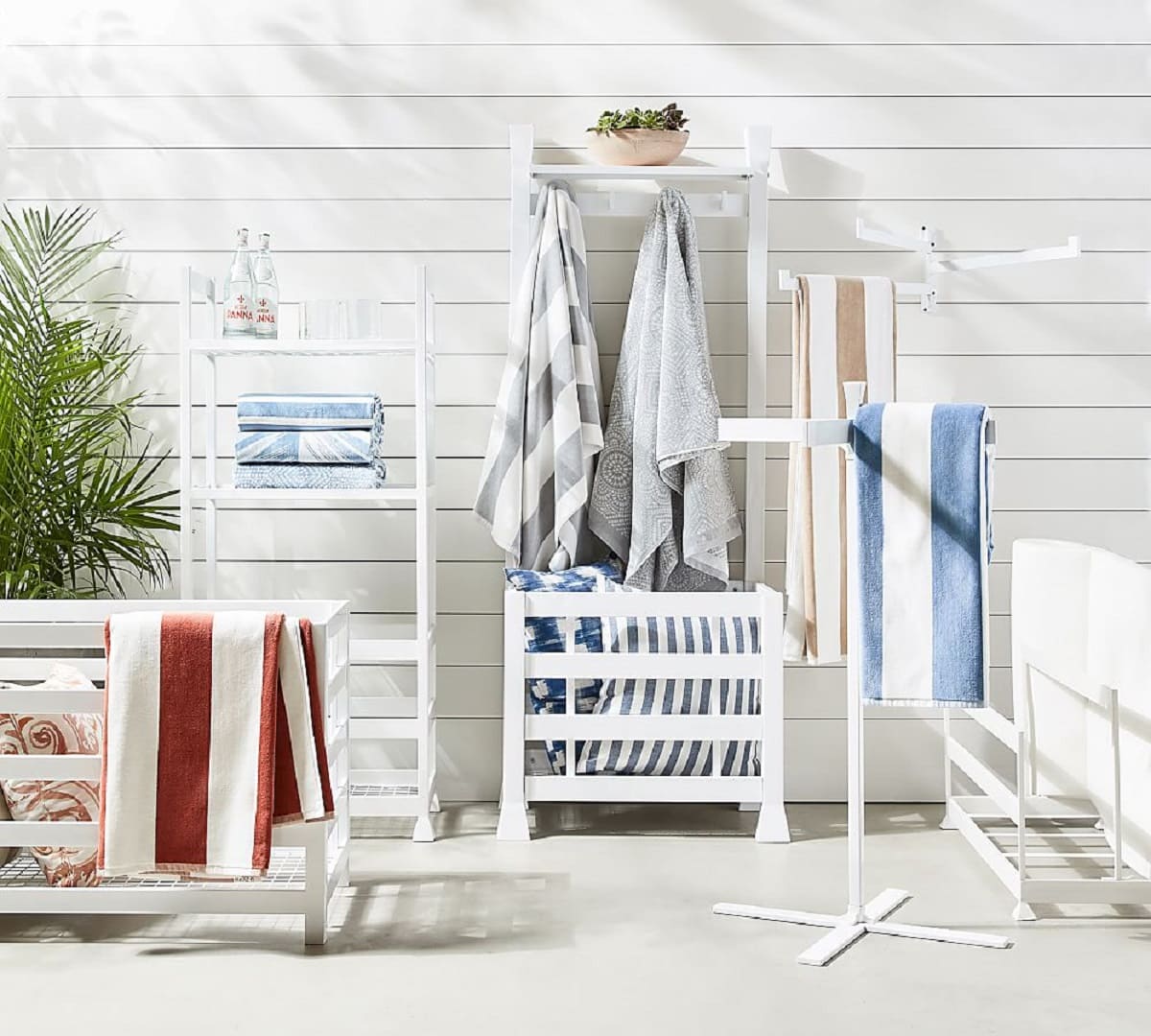
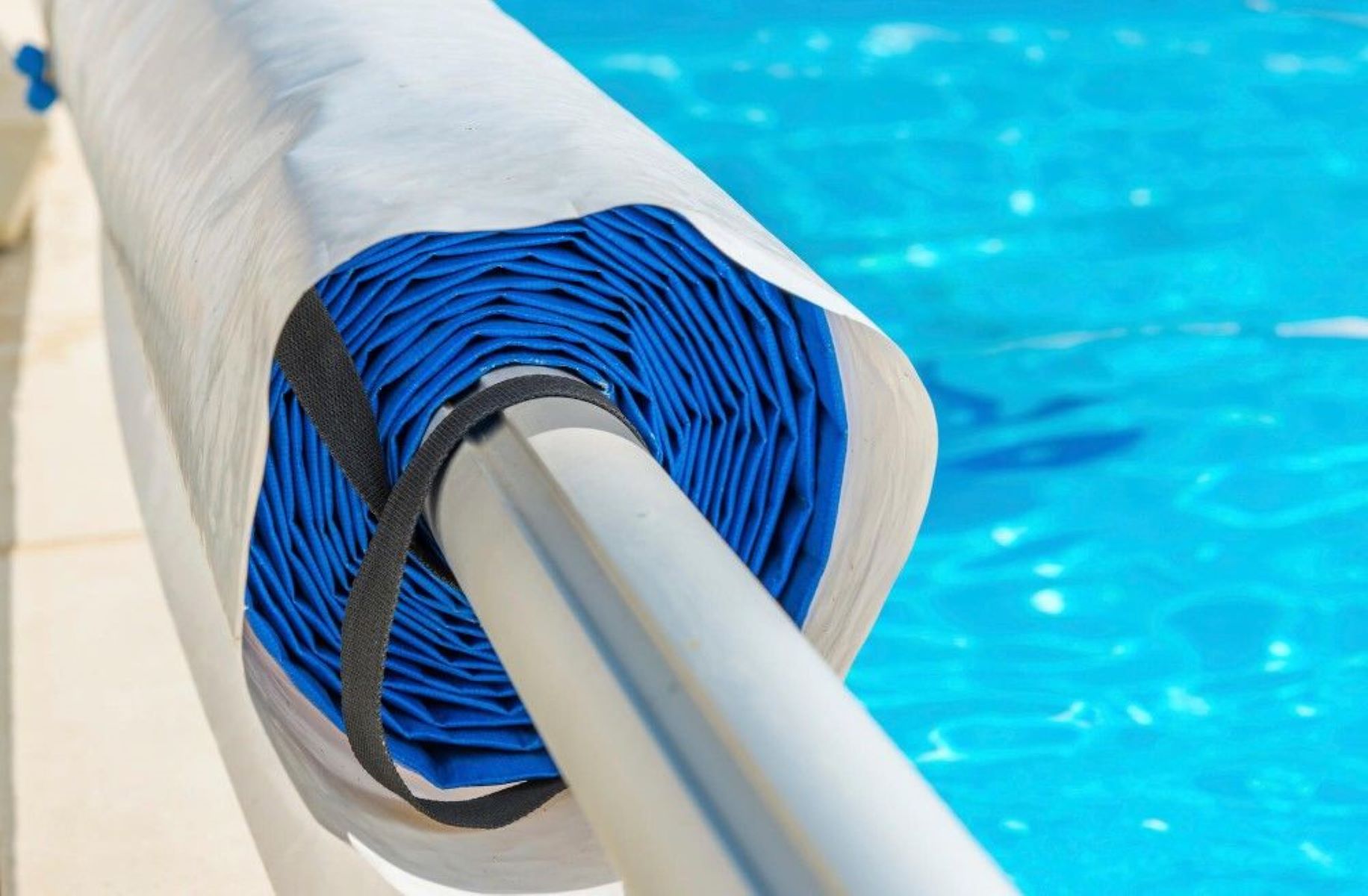
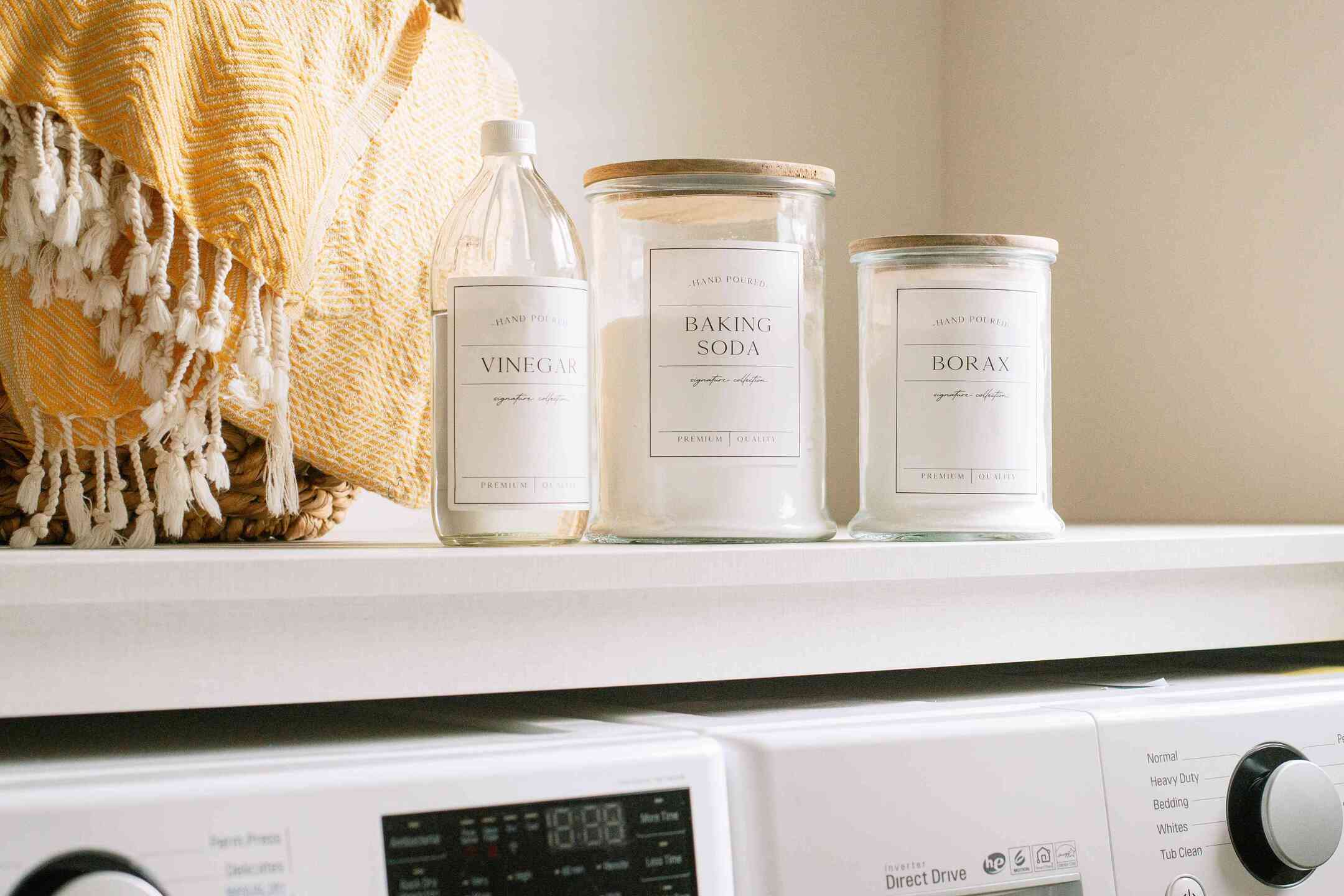
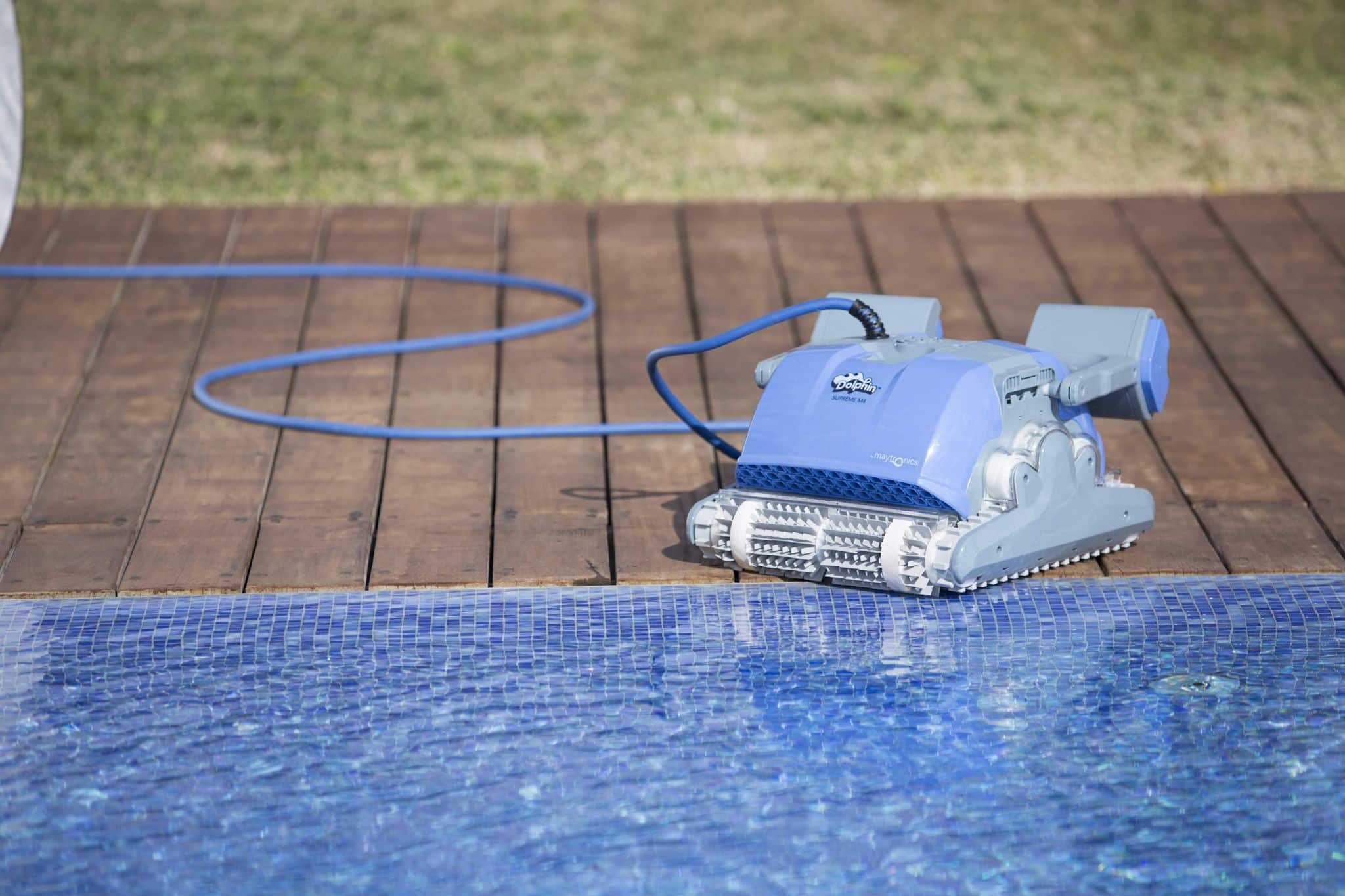
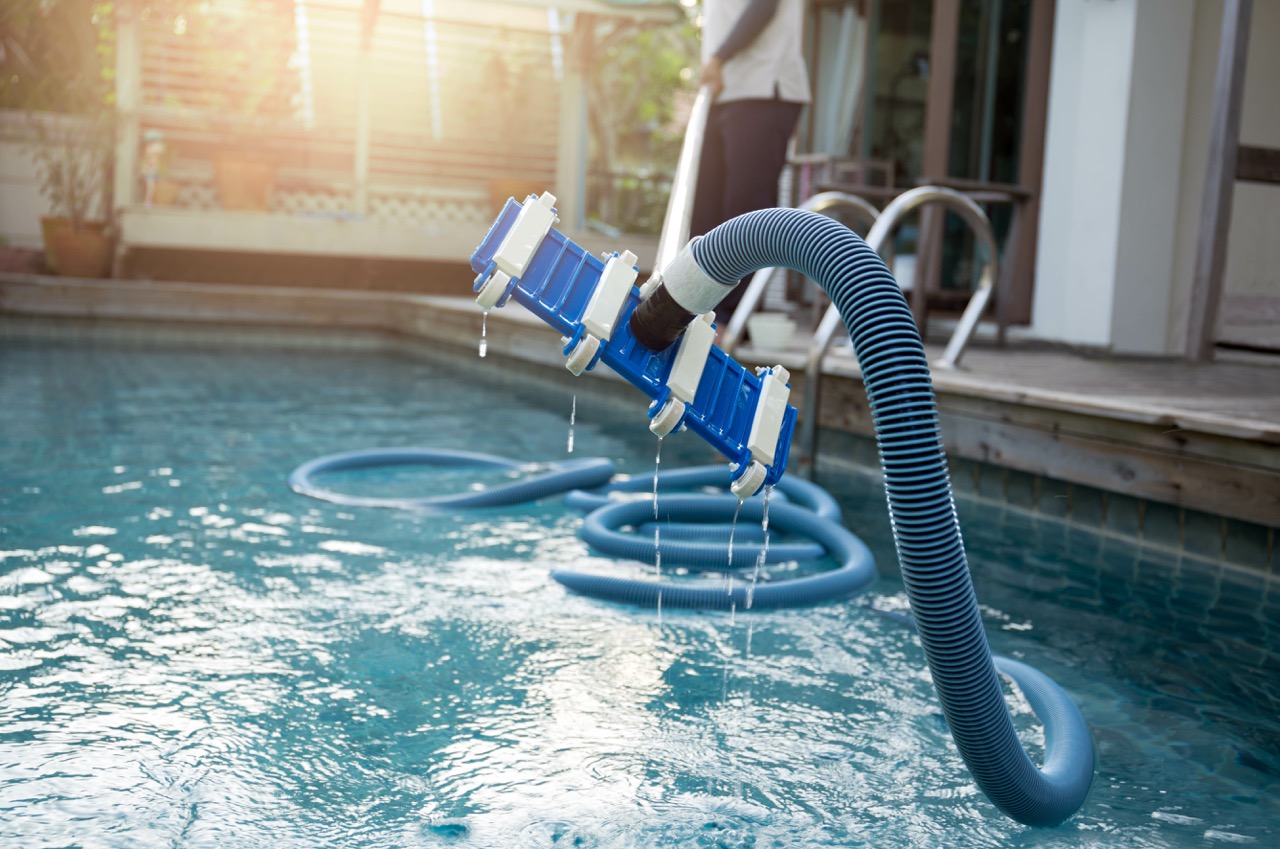
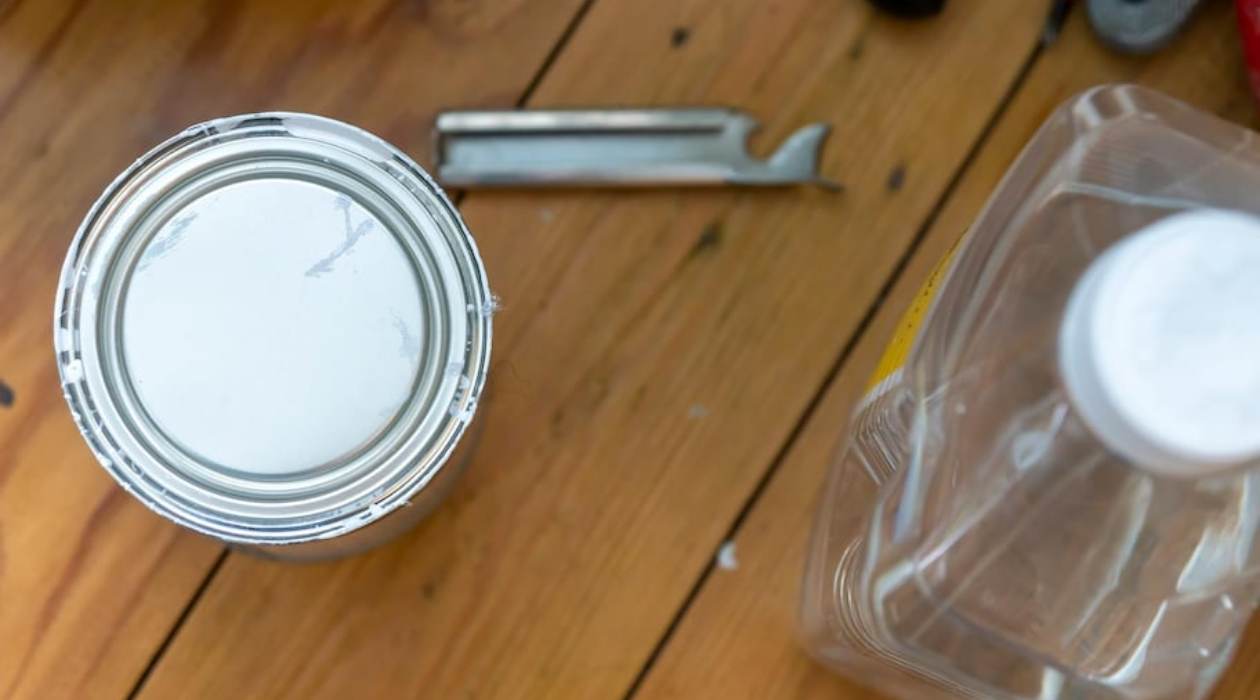
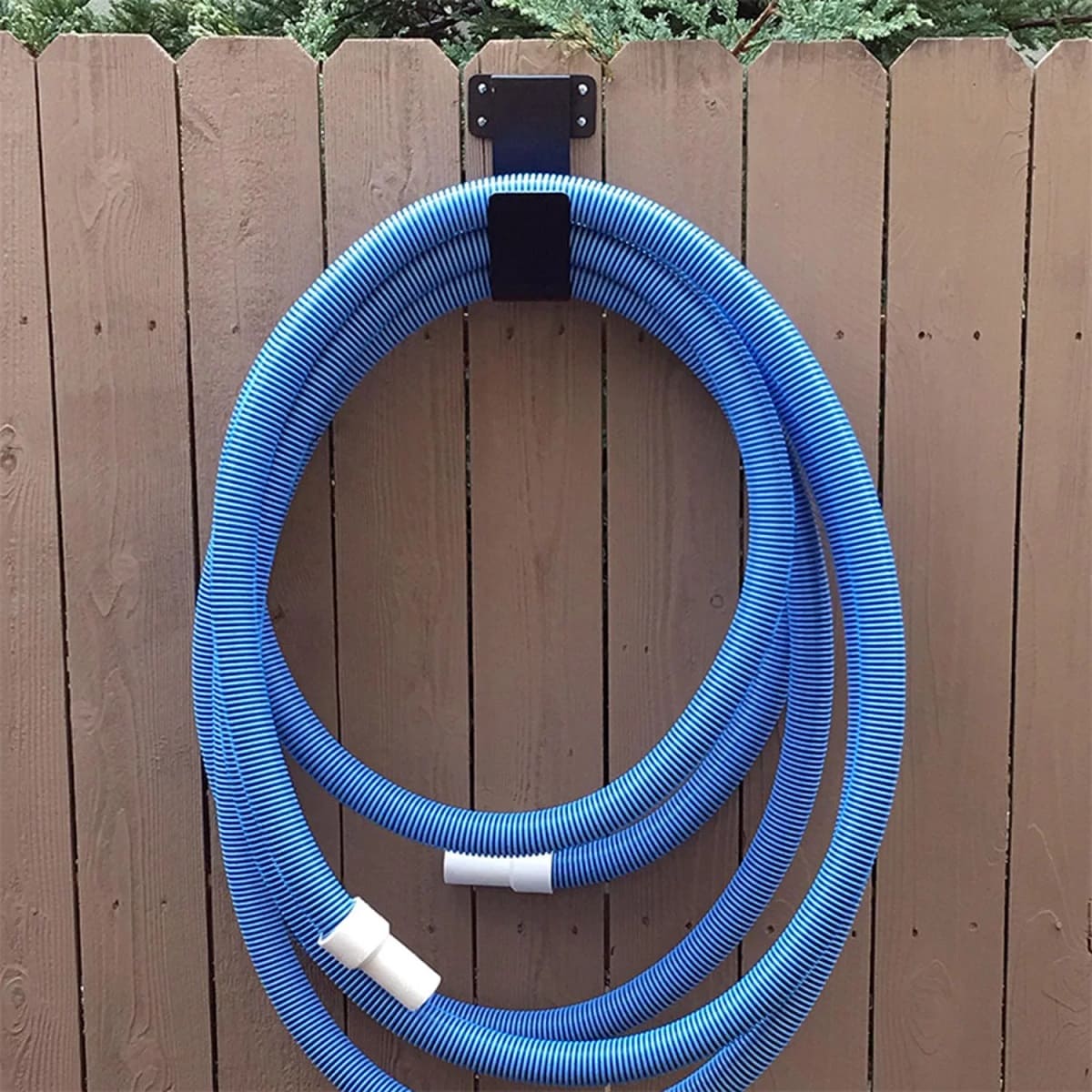
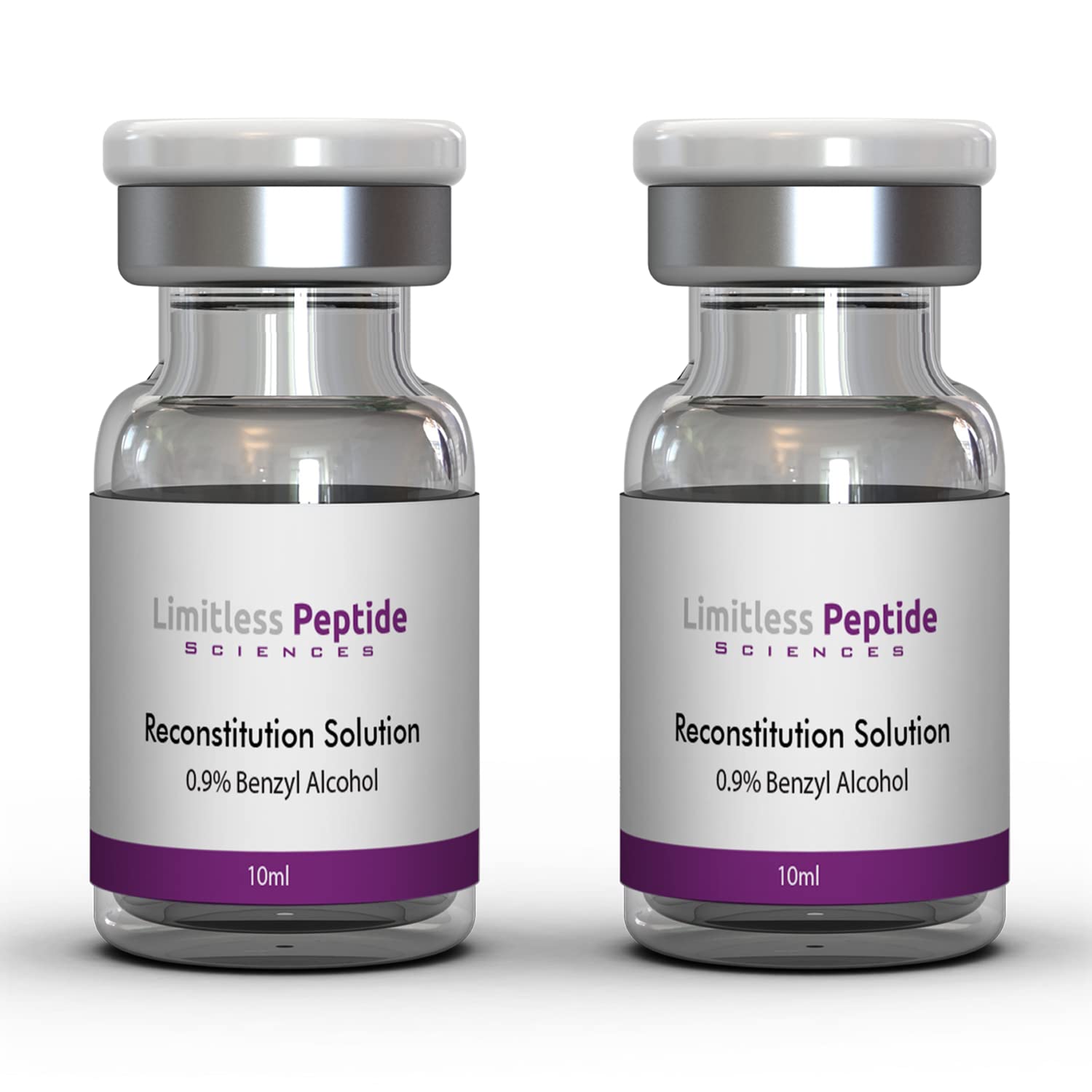

0 thoughts on “How To Store Pool Chemicals”